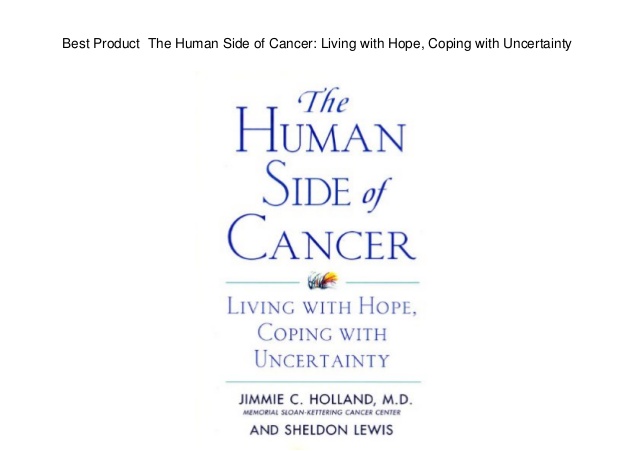In todays complicated world we are all dealing with multiple facets of challenges. If it is not a dearth of funds to fund children’s education, it is workplace emotional abuse, an imploding family, an estranged child, fear of insecurity or a loved one who is ill. In the face of all of these we all need to show each other some kindness. This act can be quite fulfilling if you decide to smile at a stranger, you do not know what burden people are carrying. I have found that smile may roll back a suicidal person or give comfort to a broken heart.
Being a caregiver is definitely more far reaching than that and involves caring for a sick relative or parent and it can be daunting. I am somewhat certificated in caregiving as I have a graduate certificate in guidance and counselling from Ahmadu Bello University, Zaria. I am very proud of that certificate as I was studying for it along with my degree in English. I have always felt the need to be helpful to others and I felt the certificate would be useful someday and I am glad to report that it has been an addition to a gift to help out where I can. Most times it is the emotional value of helping out that we do not offer and that is what most people need. This week I have chosen to focus on those who have to look after the sick, the ailing and the ageing. I have chosen four areas; grief management, stroke management, cancer management and Alzheimer induced dementia. These are tough areas when you are a caregiver. My mother passed from Cancer and I know how hard it was for my siblings and I and my lovely mum and how hard it can be for most caregivers and the patient. I hope these books speak to as many caregivers as possible. They make the sacrifice and do the needful. It’s a job for which we must offer praise and empathy. Always.
1. Be the noodle: Fifty ways to be a compassionate, courageous, crazy good caregiver by Lois Kelly. Part love story, part how to manual, part memoir. This book helps caregivers find superpowers they never knew they had. It is about how to stay sane when caring for a loved one who is sick, how to take comfort in sickness, humour and how to be a crazy good caregiver. One of the most courageous books about a job most of us never wanted or ever planned to do.
2. Be the noodle: Fifty ways to be a compassionate, courageous, crazy good caregiver by Lois Kelly. Part love story, part how to manual, part memoir. This book helps caregivers find superpowers they never knew they had. It is about how to stay sane when caring for a loved one who is sick, how to take comfort in sickness, humour and how to be a crazy good caregiver. One of the most courageous books about a job most of us never wanted or ever planned to do.
3. Helping yourself to help others, written by Rosalyn Carter and Susan Galant. This is a book written by former American First Lady Rosalyn Carter. She is so concerned about caregiving that she has established an institute to research policy and practices of caregiving. This book is about empathizing with caregivers and real life stories of caregivers dot the book’s landscape. It also shows caregivers how to get the support they need.
4. The 36-hour day. A family guide for caring for people who have Alzheimer’s disease, other dementias and memory loss by Nancy Mace and Peter Rabins. Described as a gold standard book for caring for those with this disease, it is one of the finest books in its field. There are many persons out there whose adult family member no longer remembers who you are and has suffered great memory loss. They need care and it can be daunting. First, you have to learn all you can about the disease because it can be frustrating for you and your relative if you do not understand it. Its management and communication patterns with them are totally different from what you know. This book gives tips about how to communicate with your sick relative who has dementia, and has suffered memory loss. It also gives tips on how to keep the home safe for them. It also gives strategies for delaying behavioural and neuropsychiatric symptoms, palliative care, hospital care and how to find support groups.
5. The human side of Cancer; Living with hope, coping with uncertainty. This book by Psycho-Oncology pioneer Jimmie Holland MD guides people with cancer and their caregivers through all the aspect of the experience including strategies for coping with anxiety, communicating with the health team and uncertainty. It includes discussions on the psychological effects of radiation, surgery, transplant and other treatments. Although focused on the cancer patient, it gives insights and useful information to the caregiver on the experiences their loved ones are going through.

 Join Daily Trust WhatsApp Community For Quick Access To News and Happenings Around You.
Join Daily Trust WhatsApp Community For Quick Access To News and Happenings Around You.


